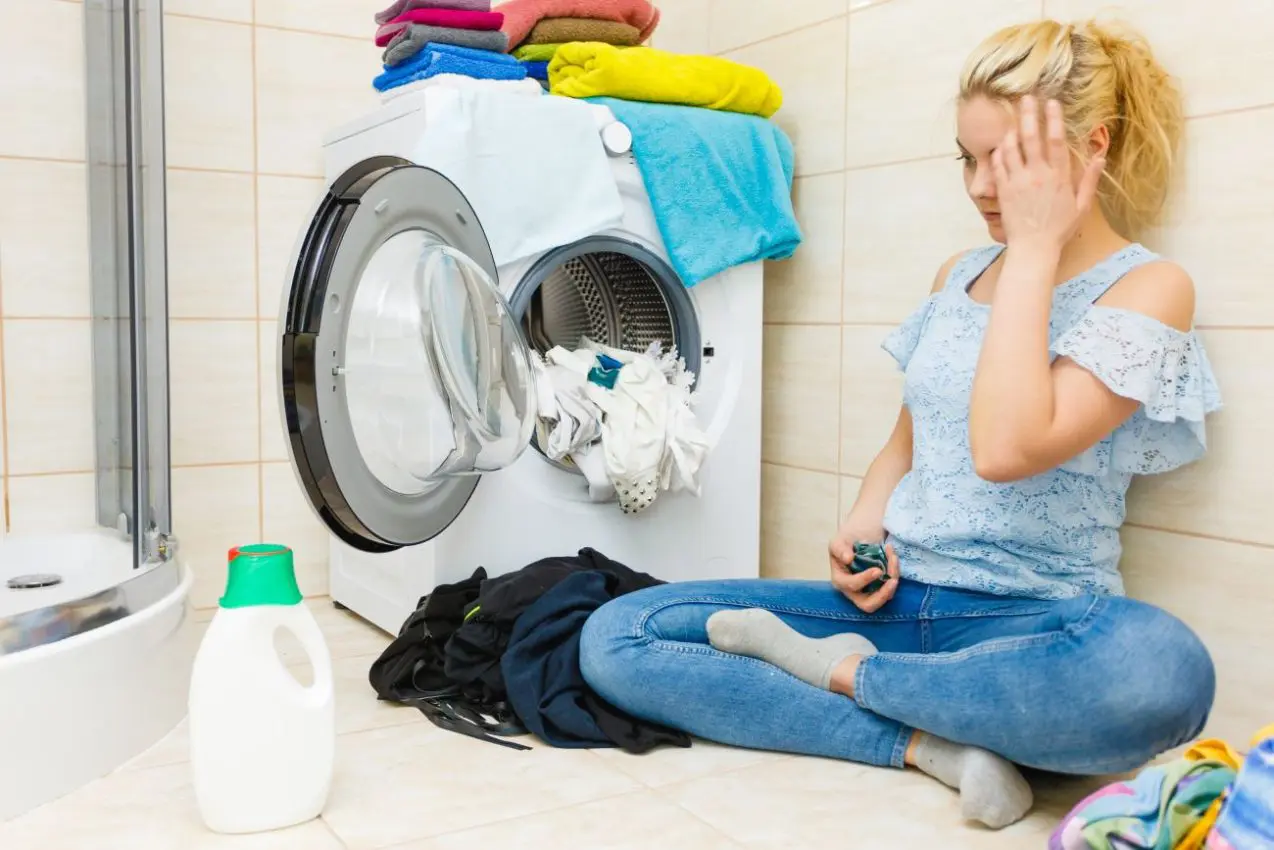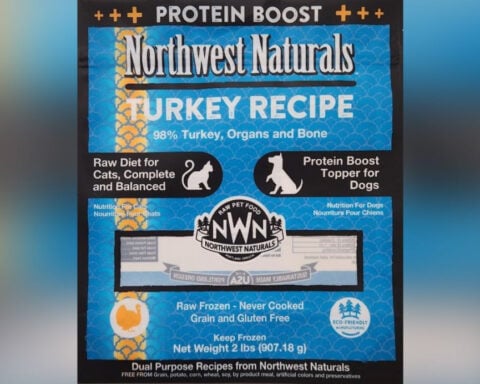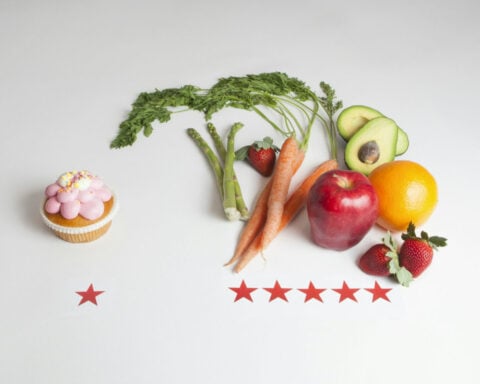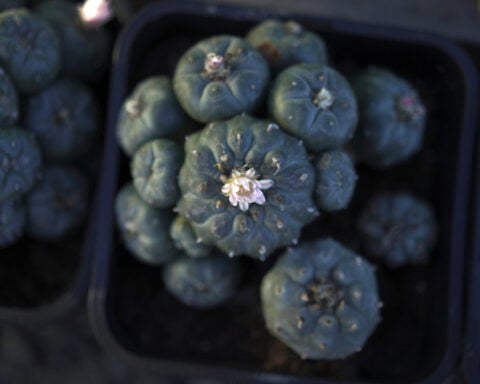A new study published in Clinical Toxicology revealed a disturbing upward trend - poisonings from laundry detergent pods are increasing among older children, teenagers, and adults. Over a recent three-year period, U.S. poison control centers received over 36,000 calls related to liquid laundry detergent pod exposures, averaging one call every 44 minutes. While the majority of vulnerabilities (87%) were in children under six, nine linked deaths were in adults. This trend raises critical questions about the safety of laundry pods and why ingestion is rising in demographics old enough to know better.
The increase in laundry pod poisoning in older kids and adults stems from several key factors. One is the immense popularity and availability of laundry pods, putting temptation in nearly every household. Walk down any grocery aisle, and you'll likely spot these colorful single-use packets promising clean clothes with little mess. Their candy-like appearance also helps pods stand out. But with so many households now using laundry detergent pods, they inevitably end up within reach of the most vulnerable - curious toddlers, rebellious teens, and older adults unaware of the dangers. This widespread availability sparks thousands of preventable poisonings.
Social media trends like the dangerous Tide Pod challenge also contribute, especially for teenagers seeking attention online. These viral stunts depict peers intentionally biting into laundry pods, making the life-threatening behavior seem relaxed or daring to impressionable minds. While the Tide Pod challenge peaked in early 2018, newer viral variants continue tricking kids into attempting pod consumption to gain likes and followers. According to one 2022 survey, nearly 40% of teenagers were aware their friends participated in viral stunts like the devious laundry pod challenge just to get more views. This underscores how the quest for attention drives risky decisions that can turn deadly.
Among older adults, those with dementia, Alzheimer's, or cognitive decline often mistake the colorful pods for food or candy, ingesting them unintentionally. Over 6 million seniors in the U.S. have Alzheimer's, with many experiencing impaired reasoning and judgment capacities. To their confused minds, laundry pods resemble sweet treats like candy or fruit snacks, prompting dangerous accidental swallowing. For a person with dementia, the vibrant dyes and fruit-shaped pod designs designed to appeal to children also fool once-sharp older minds.
Ingesting laundry pods exposes victims to highly toxic chemicals meant for cleaning clothes, not human consumption. According to experts, these substances severely burn internal tissue, cause difficulty breathing, prompt vomiting, and, yes, even kill those who swallow them. Unlike food dyes going through extensive FDA review, the chemicals in laundry detergent pods focus solely on efficacy over safety if ingested. Rat poison kills rodents effectively, too, but proves wildly dangerous when unintentionally consumed by kids or pets. This parallel symbolizes how household innovations meant to simplify lives can unleash unconsidered, sometimes fatal consequences instead. It explains the nine adult deaths uncovered in the 3-year study period.
So, how do we curb this disturbing rise in laundry pod poisonings? First and foremost, regardless of age, greater public awareness of their dangers is needed. Parents must educate older children on why ingestion prompts toxicity, leading to possible death instead of safe fun. Facilities caring for seniors should ensure pods are securely stored out of reach, given residents' susceptibility to confusing them as snacks. Experts recommend using traditional laundry detergent over convenient but risky pods for households with young kids. These small but meaningful safety actions can curb thousands of preventable poisoning hospitalizations each year.
Secondly, laundry detergent manufacturers have an ethical duty to package pods more securely to avoid accidental exposure. As profit-driven enterprises, these corporations knowingly produce candy-colored pods, triggering over 36,000 poison control calls in just three years. Yet essential childproof containers, clear warning labels, and tighter regulations on pod chemical toxicity remain absent due mainly to companies prioritizing earnings over safety. When seven otherwise healthy seniors and two teens die from using a product as intended in households nationwide, it spotlights gross negligence from manufacturers gambling with consumers' lives.
Thankfully, society has overcome similar profit-over-public-health mistakes before. For example, increased restrictions and declining social acceptability drastically reduced tobacco usage despite aggressive campaigns from cigarette companies. Comparably updated safety protocols, vigilant consumer pressure through lawsuits and media spotlighting, and detergent manufacturers reassessing their role in this disturbing laundry pod poisoning trend can also drive positive change. But it hinges on how seriously we take warnings from alarming studies.
On the surface, a convenient household innovation causing a poisoning every 44 minutes may not seem alarming enough to ditch laundry pods entirely. Yet meaningful progress begins when individual apathy becomes a collective concern for at-risk lives. When seven otherwise healthy grandparents and two teens die from swallowing laundry detergent pods in three years, it symbolizes the normalization of convenience despite lethal dangers. As a society, we have come to accept these colorful soap packets with little second thought as an innocuous staple of household laundry rooms. We prioritize their promised more leisurely wash days over interrogating the chemicals that manage to burn through the human stomach lining in minutes. We disregard warning labels meant to protect curious toddlers, assuming only negligent parenting allows such poisonings - never expecting teens or competent seniors to fall victim, too. We trust profit-seeking corporations to act responsibly in product development without questioning if cutting corners on safety boosted earnings per share. In many aspects, laundry detergent packets represent the triumphs of convenience over conscience at all costs.
Our increasing dependence on laundry pods means little if it puts more teenagers in hospitals and claims more senior lives after just one slip-up. So rather than brush aside this trend as just an insignificant blip, we should view it as the severe wake-up call it represents - that the safety of all ages depends on what we choose to ignore versus protect.

 Five facts about electric vehicles in 2024
Five facts about electric vehicles in 2024
 5 elections to watch in 2025
5 elections to watch in 2025
 Transform the daily grind to make life more interesting – a philosopher shares 3 strategies to help you attain the good life
Transform the daily grind to make life more interesting – a philosopher shares 3 strategies to help you attain the good life
 Erling Haaland misses penalty and Man City drops more points after 1-1 draw with Everton
Erling Haaland misses penalty and Man City drops more points after 1-1 draw with Everton
 What if you could rank food by ‘healthiness’ as you shopped? Nutrient profiling systems use algorithms to simplify picking healthy groceries
What if you could rank food by ‘healthiness’ as you shopped? Nutrient profiling systems use algorithms to simplify picking healthy groceries
 Christmas shooting at Phoenix airport leaves 3 people wounded, 1 stabbed
Christmas shooting at Phoenix airport leaves 3 people wounded, 1 stabbed
 Simona Halep withdraws from Australian Open qualifying because of knee and shoulder pain
Simona Halep withdraws from Australian Open qualifying because of knee and shoulder pain
 The hidden dangers behind laundry detergent pods
The hidden dangers behind laundry detergent pods






